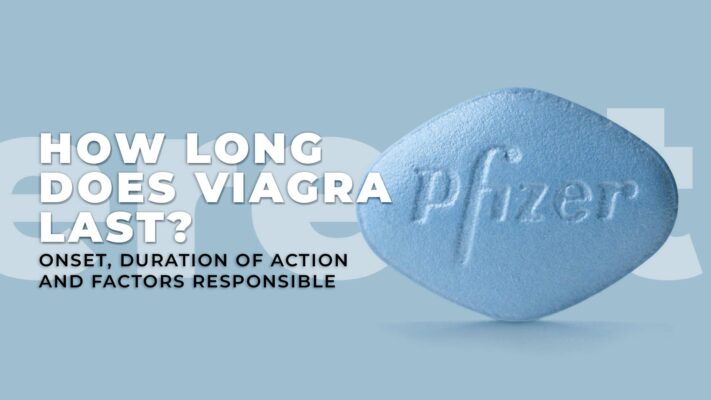Postpartum Insomnia – How To Get Better?
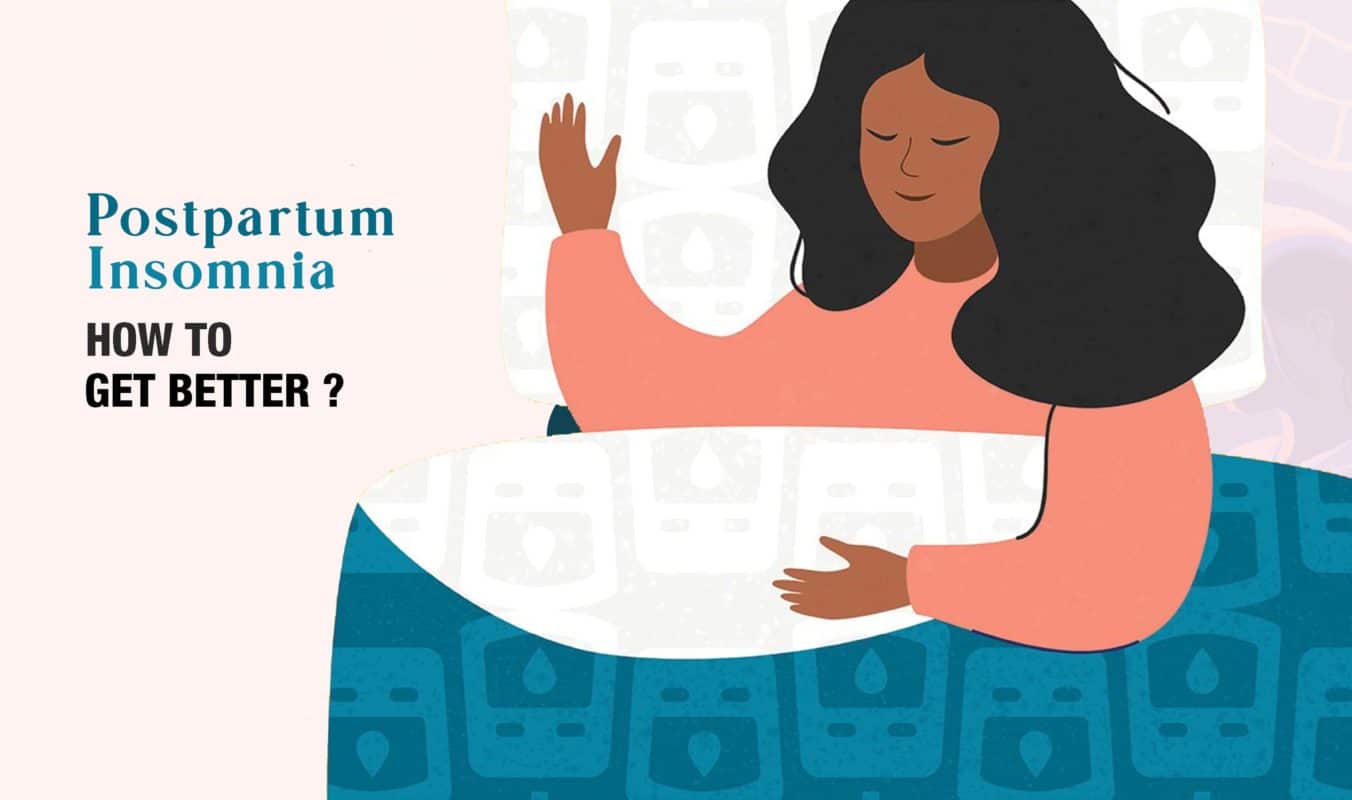
Happiness, smiles, tears, and lots of cuddles – this is how you welcome your baby into this world. Then the exhaustion from the process of delivery hits you, and the tiredness of repeated night calls from the baby. And like this, you learn that the arrival of this little bundle of joy will change your life forever. Losing sleep is normal for new parents. It happens well into their toddler years as their body is growing – they go through teething and have sleep regression phases. What isn’t normal is insomnia after giving birth. It’s a condition known as Postpartum Insomnia.
‘Sleep when the baby sleeps’ is the most commonly heard advice by new moms. But for some, it just doesn’t work. The physical and mental stress after childbirth, as the hormonal changes, major life changes, and the requirement of the brain to be more active to listen to your baby’s signals, can lead to sleepless nights. Insomnia after childbirth can be treated with many home remedies, lifestyle modifications, and in severe cases, with the help of medications.
Table of Contents
What is Postpartum Insomnia?
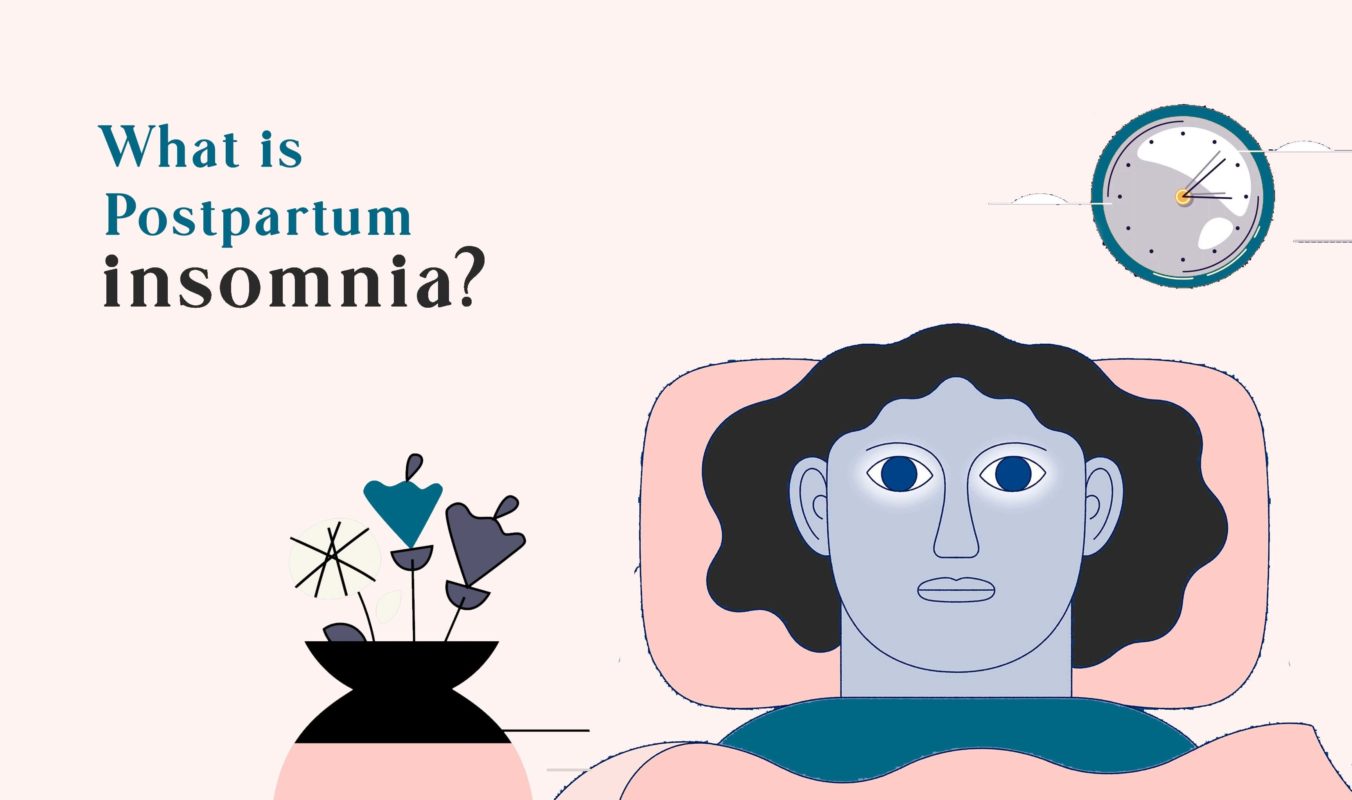
Nearly 70% of women experience insomnia in the third trimester[1] due to the uneasiness to lie down, frequent urination, general fatigue, and body aches. For many women, this insomnia goes away on its own after the delivery. However, for some women, this inability to fall asleep continues into the fourth trimester, commonly known as the postpartum period. Postpartum Insomnia is a condition that affects many new mothers, wherein she is unable to fall asleep and thus relax. Lack of sleep may have serious consequences on your mental as well as physical health. Insomnia greatly increases the chances of depression.
Why Does It Occur?
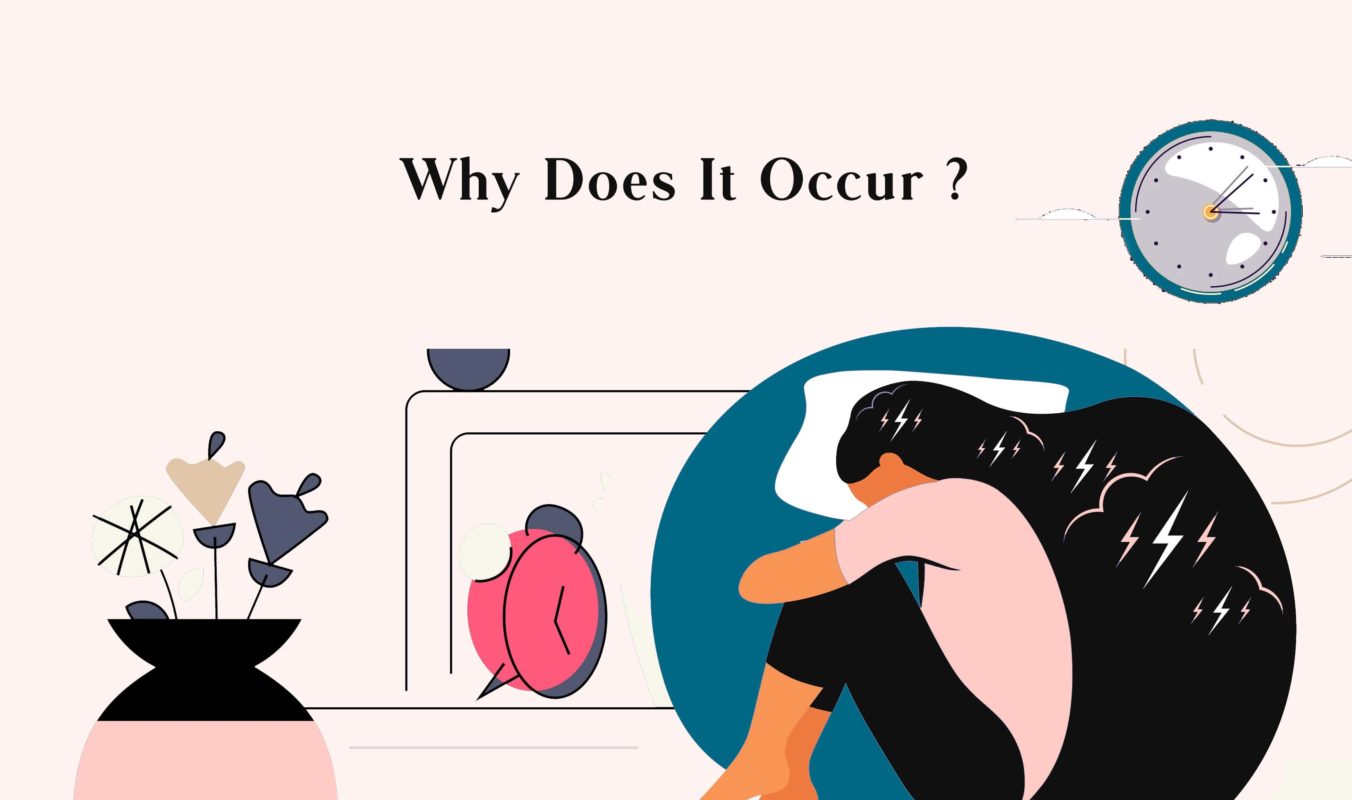
The inability to fall or stay asleep can be fueled by several things. Primarily it is because of the changes in your body and routine, which may also aggravate the following causes further.
- Hormonal changes – The reduction in the reproductive hormones progesterone & estrogen affects the biological clock of the body. More so with increased levels of prolactin & oxytocin and altered release of melatonin. Therefore, postpartum insomnia due to hormones is commonly observed.
- Low levels of Iron – Childbirth leads to the loss of a lot of blood, which may adversely impact your iron levels. The sluggish feeling of tiredness during the day may lead you to take naps during the day and limit your sleep time during the night.
- Physical changes associated with postpartum life – breast engorgement or night sweats. Of course, these physical changes may disrupt your sleep. It is comfortable sleeping with an engorged breast or when you sweat profusely due to hormonal changes.
- Postpartum depression or anxiety – Mental health disorders may worsen your sleeplessness due to the negative thoughts that constantly cloud your mind about your precious little one’s health and life.
- The changes in your night routine due to frequent feeding sessions – Getting up frequently to accommodate your baby’s demands may impact your ability to sleep. When you seek the help of gadgets such as cell phones or tablets to pass your time while your cutie is munching on his or her favorite snack, their light may interfere with your body’s ability to stay in sleep mode.
- Stress – the physical and mental stress of having to adjust to the demanding job as a parent may worsen your sleep disorder.
- Sleep Position – You may not feel comfortable sleeping in certain positions after giving birth, especially on your back. Some women experience postpartum sleep apnea when they are lying on their backs. This is because of the constrictive effects on the airways due to the levels of postpartum hormones and pressure exerted by the abdomen on the airway.
When To Be Concerned?
Sleeplessness may result in many symptoms that may be indicative of you developing a mental health disorder. If you feel any of the below-listed symptoms, contact your doctor for a proper diagnosis.
- Mood swings – Tiredness from taking care of your baby and your schedule going haywire may fluctuate your mood.
- Persistent sadness – Baby blues are normal, but if you feel sadness that stays and starts interfering with your normal routine, then it is a concern you should discuss with your doctor.
- Feeling irritable – Snapping at people around over the smallest of things is a sure-shot sign of an underlying mental health disorder.
- Anxiety – Constantly worrying about your future is unhealthy, more so when you lay awake at night thinking about your little one’s health, your life, and many other things.
When you are suffering from postpartum depression or anxiety, consulting a specialist is your best option for accurate therapy. You may be prescribed medication or advised to take therapy sessions depending on the severity of your condition.
Postpartum Insomnia Treatment
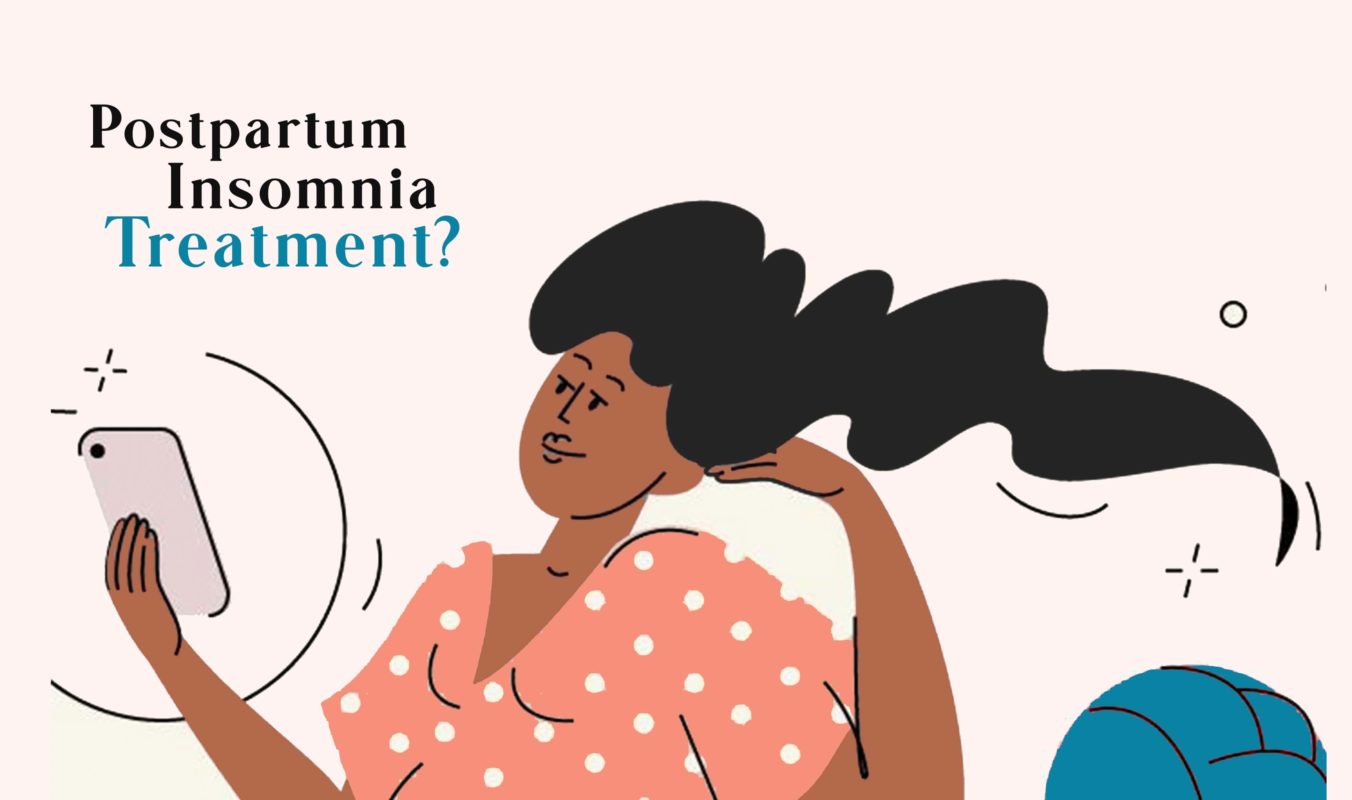
So how to sleep better after delivery? Our experts have devised the following information for you that includes tips and home remedies for you to try. These have been described as helpful by those who have practiced them, but every individual is unique. So if they do not work for you, we urge you to see a doctor for further assessment of your condition.
- Be Mindful of Your Eating Habits
- Consume a well-balanced meal to ensure you are getting all the essential nutrients to maintain the energy to keep up with all the extra effort you have to put in.
- Even though you may need it to relax, restrict your consumption of caffeine, especially at night or late evening. Caffeine intake through beverages and chocolate may keep you awake at night.
- Increase Your Physical Activity
As soon as your doctor gives you a go for exercise, you can hit the gym or do light exercises at home. Brisk walking, cycling, and running are also good alternatives you can pursue. Being physically active results in the release of feel-good hormones that may improve your mood and help you get better sleep at night.
- Keep the Night-care routine brief
- When you have to tend to your baby’s needs at night, try keeping the activities brief.
- Do not switch on the dark lights, and keep the voice minimal so that the baby can fall asleep quickly.
- Share your work with your partner
- Do not overexert yourself by trying to do everything on your own.
- Know when to ask for help.
- Share the workload with your partner to catch up on your sleep and rest.
- Cultivate a Routine
- Keep your room dark, and avoid gadgets and cell phones inside your bedroom. Light triggers the active areas of your brain that may make it difficult to fall asleep.
- Avoid screen times before sleeping and during feeding sessions. The screen light interferes with your internal clock and thus impacts your sleep.
- Develop a sleep schedule and try to stick to it. It is not only beneficial for the baby but parents as well.
- Practice Meditation and Relaxation Exercises
- Determine a suitable relaxing position for you to sleep in. When people inquire about how to sleep after giving birth, the answer is to sleep in a slightly elevated position. Studies show that women sleep at a 45-degree elevated position after delivery, and the airways widen to allow better passage of air to and from the lungs.[2] This also helps with postpartum obstructive sleep apnea.
- Taking deep breaths while counting is a proven method to relax and calm your racing mind. However, you can try the following methods as well.
- Turn on soothing light music and lie on your back. Relax your body and then inhale deeply till you feel your stomach has risen. Hold your breath for a few seconds, and then exhale slowly. This method helps you fall asleep.
- Identify Your Anxiety Triggers
Some thoughts or things can trigger your anxiety if you are suffering from postpartum anxiety or postpartum depression insomnia. Compulsive behavior to repeatedly check on your baby for their safety is observed among new mothers who are suffering from postpartum mental health issues. Getting overwhelmed by the slightest of situations may send you down a spiral and aggravate your insomnia.
You need to focus on repairing your circadian rhythm to reinstate the wake-sleep order. If none of the tips and tricks work you should seek advice from a doctor. Usually, doctors recommend medications such as Eszopiclone 3mg. But these pills may not be safe for use postpartum, especially if you have postpartum insomnia & are breastfeeding. There is very limited research available on this matter to conclude anything substantial. Research conducted states that eszopiclone may be able to transfer into breast milk.[3] Some studies show it has adverse effects in infants, while others hint that it has no effects.
The Final Thought
How to sleep after giving birth is a question asked by many exhausted new mothers. Trust us when we say you are not alone in this. Postpartum insomnia may seem dark and painful, but it will pass. Focus on yourself and divide the workload among those who can help. You are enough of a super-mum, you gave birth to a miracle, and you don’t have to do everything on your own.
Your Queries, Our Answers!
Q. Can I sleep on my back after giving birth?
Ans. Experts recommend sleeping with an elevation of 45 degrees. This promotes better breathing after delivery, as the abdomen puts a lot of pressure on your airways. Plus, the hormonal levels after delivery also impact the airways, making them narrow, thus resulting in sleep apnea. So we would advise you to sleep with a slightly elevated back for better sleep.
Q. Is postpartum insomnia normal?
Ans. Yes. Nearly 67 percent of women experience postpartum insomnia. But it is important to seek help for it before it affects your normal routine for you.[4]
Q. For how long is it okay to have insomnia after delivery?
Ans. How long postpartum insomnia lasts depends on many factors. For some, it may get better within a few weeks, while for others, it may continue for months. It is recommended to consult a doctor if none of the tips and suggestions work for you.
Q. Is insomnia experienced because of postpartum depression?
Ans. Insomnia may be a symptom of postpartum depression or anxiety, or it may lead to depression. But yes, they have a strong link. Therefore, you need to get back on your normal sleep routine as soon as you can.
References
- Reichner C. A. (2015). Insomnia and sleep deficiency in pregnancy. Obstetric medicine, 8(4), 168–171. https://doi.org/10.1177/1753495X15600572 https://www.ncbi.nlm.nih.gov/pmc/articles/PMC4935047/
- Jung S, Zaremba S, Heisig A, Eikermann M. Elevated body position early after delivery increased airway size during wakefulness, and decreased apnea hypopnea index in a woman with pregnancy related sleep apnea. J Clin Sleep Med. 2014;10(7):815-817. Published 2014 Jul 15. doi:10.5664/jcsm.3886 https://www.ncbi.nlm.nih.gov/pmc/articles/PMC4067449/
- Drugs and Lactation Database (LactMed) [Internet]. Bethesda (MD): National Library of Medicine (US); 2006-. Eszopiclone. [Updated 2021 Feb 23]. Available from: https://www.ncbi.nlm.nih.gov/books/NBK501218/
- Yang Y, Li W, Ma TJ, Zhang L, Hall BJ, Ungvari GS, Xiang YT. Prevalence of Poor Sleep Quality in Perinatal and Postnatal Women: A Comprehensive Meta-Analysis of Observational Studies. Front Psychiatry. 2020 Mar 13;11:161. doi: 10.3389/fpsyt.2020.00161. PMID: 32231599; PMCID: PMC7082815. https://pubmed.ncbi.nlm.nih.gov/32231599/
Disclaimer
HisBlue is not a substitute for professional medical care or advice from your doctor. The health information on the HisBlue website is general and provided for your information only. We have ensured our content is accurate and current, with reviews by expert doctors. However, we cannot guarantee its accuracy or timeliness. This information is not meant to replace the diagnosis, treatment, or judgement of your doctor or another qualified healthcare provider.



